Elections
Politics
ABDALLAH SAMBI, AFRICA, AUSTRALIAN ASSOCIATED PRESS, AZALI ASSOUMANI, COMOROS, ELECTION FRAUD, GOVERNANCE, GOVERNMENT, HAMIDOU KARIHILA, HOPE OF THE COMOROS, INDIAN OCEAN, INDIAN OCEAN ARCHIPELAGO, JUWA, NO, NOUR EL - FATH, OPPOSITION, POLITICS, PRESIDENTIAL ELECTION, REUTERS, SUPREME COURT
Omar El-Sharif
Comoros Votes in Parliamentary Elections Amid Controversy and Opposition Calls for Boycott
Voters in Comoros are participating in parliamentary elections to elect members of a 33-seat assembly. The elections follow a contentious prior election which the opposition claims was flawed. President Azali Assoumani faces criticism for authoritarian rule, while some opposition parties call for a boycott and others advocate for engagement to expose regime faults. Results are expected by Friday.
On Sunday, voters in Comoros cast their ballots for representatives in the archipelago’s 33-seat parliament, following the controversial re-election of President Azali Assoumani last year, which the opposition characterized as rife with irregularities. Despite these claims, officials from the ruling party have firmly denied any wrongdoing. With polling stations opening early and approximately 338,000 individuals registered to participate, this election marks the first parliamentary vote since January 2020.
The country’s Supreme Court has selected nearly 100 candidates to compete in the elections. Assoumani’s opposition accuses him of authoritarian governance and fears he may be grooming his eldest son, Nour El-Fath, to assume power when his current term concludes in 2029. President Assoumani has held the reins of power in Comoros since 1999, attaining control initially through a coup and later securing three electoral victories.
In 2024, Assoumani granted his son significant authority by designating him to oversee all government affairs. Some opposition factions, including the Juwa party led by former President Ahmed Abdallah Sambi—currently serving a life sentence—have called for a boycott of the elections. Conversely, other parties have dismissed these suggestions, emphasizing the importance of participation as a means to highlight the regime’s shortcomings. Hamidou Karihila, a candidate from the opposition Hope of the Comoros party, stated, “The Azali regime is weakened … by participating in these elections we are contributing to further exposing the flaws in its system and accelerating its inevitable fall.”
Election results are anticipated by Friday, reflecting a pivotal moment in the political landscape of Comoros as various factions navigate a complex electoral atmosphere.
The political milieu in Comoros has been contentious, particularly with the long-standing rule of President Azali Assoumani, who has faced significant opposition alleging authoritarian practices since he first took power via a coup in 1999. His recent electoral success has been marred by complaints of irregularities and power consolidation efforts, including granting his son extensive governmental authority. The current parliamentary elections are crucial, being the first since 2020, and occurring in a climate where opposition parties strive to leverage electoral participation as a means of challenging the existing regime.
The parliamentary elections in Comoros represent a significant event in the nation’s political trajectory, amid accusations of authoritarianism against President Assoumani and ongoing power dynamics within the ruling party. With a divided opposition and a call for participation from some factions, the upcoming results may well signal the future direction of governance and civil liberties in Comoros.
Original Source: www.begadistrictnews.com.au
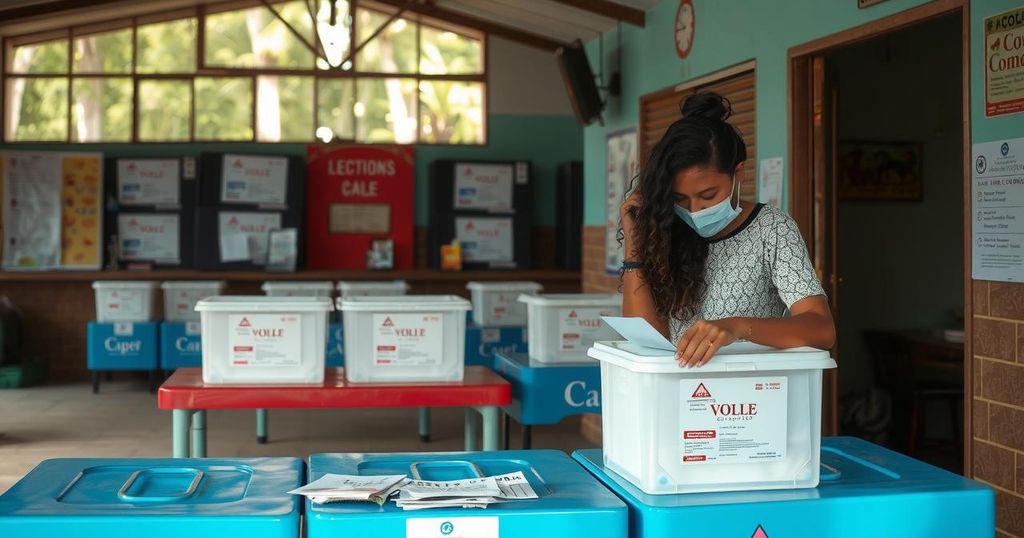
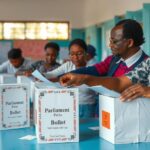
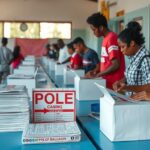

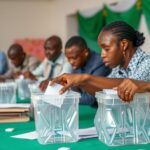
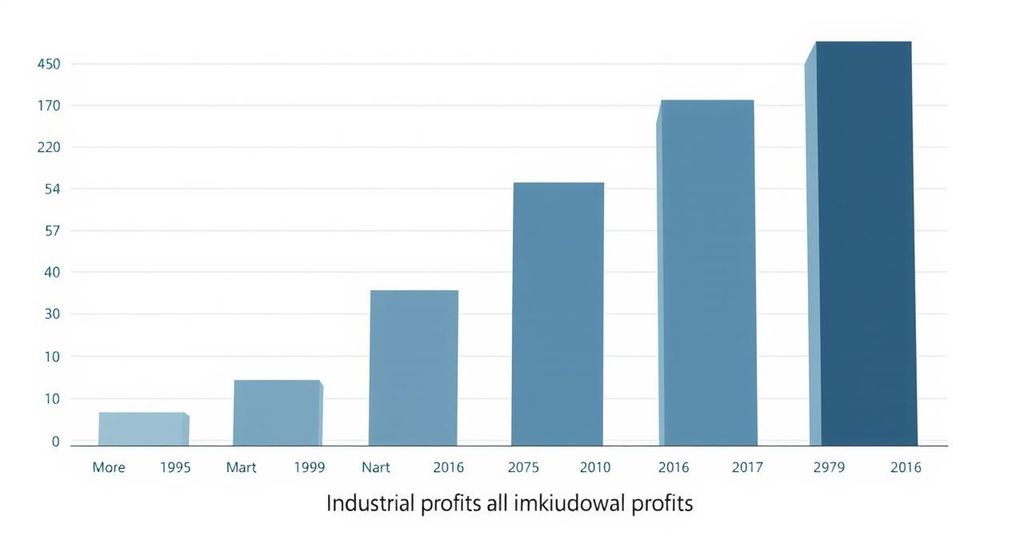


Post Comment